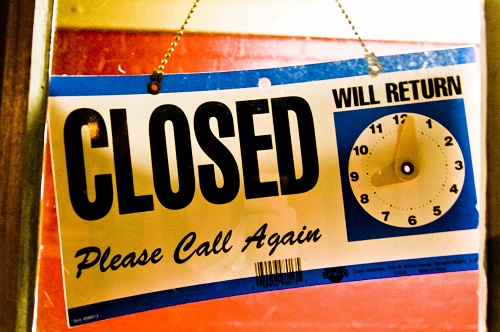
Poland may soon ban shopping on Sundays. On Friday, November 24, the lower house of the Polish legislature (the Sejm) approved a Sunday shopping ban, 254-156. The ruling Law and Justice (PiS) Party has presented this as a way to uphold the nation’s Catholic character, but some on the ground warn there is more to the commerce ban than meets the eye.
It’s true that Poland’s Catholic Bishops Conference lobbied hard for the measure, which would gradually phase out Sunday shopping by 2020. “Let’s not disregard God in public life,” the bishops said in a statement, “and let’s not assume we have the right to organise national life as if God didn’t exist.”
But the law’s carve-outs allow commerce to continue apace on the day of rest; they merely channel it to politically favored merchants, warns Mikołaj Pisarski, the former president of Poland’s free market KoLiber Association.
“In its current iteration, the bill allows more than 30 exceptions, mostly discriminating against large shopping centers,” writes Pisarski in a new essay for Acton’s Religion & Liberty Transatlantic website.
In his new article, he explains how the ruling Law and Justice (PiS) Party has used the bill to advance a populist narrative pitting foreign-owned business chains against small Polish firms – and to favor labor union’s interests.
Public opinion runs against the ban, nearly two-to-one (59 percent to 35 percent) – including among the workers the law is said to be intended to benefit. Pisarski describes the economic impact the ban will have on workers and consumers alike.
“The religious motivation was at best tertiary. But the cost, as usual, will be paid by consumers,” he writes. “The motivation behind the ruling party’s decision to limit trade was purely political.”
A similar, less overtly religious campaign has been launched to close stores in the UK on Boxing Day (December 26). I offered thoughts about the shortcomings of that proposal here.
Meanwhile in Poland, the owners of stores not included in the commerce ban are gearing up to reap windfall profits. “While no longer possible in large stores, Sunday shopping will thrive – this time inside gas stations which are exempted from the bill and which are, right now, planning to expand their product line,” writes Pisarski.
Should a good government restrain evil, or should it actively force its citizens to become moral? If the latter, who is to guarantee it will share our definition of virtue? And is coerced virtue truly virtuous at all?
(Photo credit: Ken Hawkins. CC BY 2.0.)

